Reclaiming Narratives: The Urgent Call to Embed Black British History in Education

This article emphasises Black History Month (BHM) 2024, as a crucial step in addressing the exclusion of Black British history from education. It urges educators to reclaim narratives, spotlight Black contributions and reshape curricula, ensuring Black British history is embedded year-round in UK educational institutions for future generations.
Another Black History Month is upon us and I can already hear the voices of some who say, “Black history is more than one month. BHM should be all year.” While I agree with this sentiment and am a strong advocate for “BHM 365”, as the Black Curriculum™ have championed, I also recognise that for many, BHM provides a crucial first step—an opportunity to open doors to Black history and shine a light on the many remarkable contributions made by Black people, both here in the UK and across the world.
The theme for BHM 2024 is “Reclaiming Narratives,” and as I reflect on this, I ask myself: What are the narratives that really need to be reclaimed in my sector? How can I use my knowledge, influence and position within the Further Education sector to drive long-term, strategic change?
I often talk about the need for Black British history and anti-racist curricula to become compulsory in the UK. For many—including myself—learning about Black history in school was limited. But Black contributions to the human story go far beyond slavery and the Civil Rights Movement in America. It’s time to reclaim the narrative of a whitewashed British history—one that fails to educate new generations about Britain’s role in colonialism and its impact across the world. We can start by introducing students to Black British history through the story of the Ivory Bangle Lady, a woman of North African ancestry who lived in York over 1,600 years ago. We can showcase the lives of the Black Tudors, who came from Africa, Europe and the Spanish Caribbean. Unlike most Africans in the Atlantic world at the time, these Tudors were free in England, where religion, class or talent mattered more than skin colour.
We need to highlight Black British abolitionists from the 18th and 19th centuries, such as Mary Prince, Olaudah Equiano and Ignatius Sancho, who became the first Black person to vote in Britain in 1777! Speaking of firsts, how many of us recognise the name Pablo Fanque, born in Norwich in 1796, who became one of the most successful circus performers and proprietors of his time?
As we observe Black History Month, it’s crucial for those of us in the education sector to reclaim another narrative by challenging a persistent misconception: the belief that creating truly equitable educational environments can be accomplished simply by earning a teaching degree and gaining limited classroom experience.
It’s important to emphasise that this is not the fault of classroom educators. Many teacher training programs offer little or no content on how to decolonize classrooms or equip teachers with the skills, knowledge and behaviours necessary to support anti-racist practices. The path to equity in education requires far more intentionality, ongoing learning and a deep commitment to addressing systemic inequalities.
As a Black woman and leader within UK education, I challenge myself this Black History Month to go further—and I urge others in the sector to do the same. I call on my fellow educators to embrace the “Reclaiming Narratives” theme and the opportunities it offers to take crucial first steps—or the next steps—in opening doors to authentic Black history for today’s students. We must challenge the notion that delivering anti-racist education is unnecessary, or that it should be confined to pastoral or tutorial lessons, or handled solely by specialist consultants disconnected from the communities they serve. To borrow from Cherron Inko-Tariah MBE, “Reclaiming Narratives is more than just a slogan—it’s an invitation.” An invitation to shape how Black stories are told, ensuring Black voices are heard, Black experiences acknowledged and Black contributions celebrated.”
It is also an invitation for educational institutions to reimagine their curricula and create learning experiences that acknowledge the contributions of Black British servicemen and women—like Seaman William Brown, who joined the Royal Navy under a man’s name in the early 19th century, becoming the first known biological female to serve in the Royal Navy. Let’s teach the story of Sergeant William Robinson Clarke, one of the first Black pilots to fly for Britain. As educators, we must challenge ourselves to increase our racial literacy and deepen our knowledge of Black British history.
How many of us can confidently say we know about the Black soldiers known as the “Forgotten Heroes” of WWI, including the 15,000 Black Caribbean soldiers, such as members of the British West Indies Regiment—one of whom was my great uncle—who served in the war?
How confident are we in teaching our students about the forgotten Black servicemen of WWII, such as Billy Strachan, who served as both an air gunner and pilot for Bomber Command, or Sergeant Arthur Young, born in Cardiff in 1923, who flew as a wireless operator/air gunner with 106 Squadron?
Let’s redesign our curricula to include the contributions of the Windrush Generation—the thousands of Black men and women who came to Britain from the Caribbean to help rebuild its weakened economy, working in sectors like manufacturing, public transport and the NHS. Black men and women like my late grandparents, Fitzgerald and Erma Alleyne, who arrived in the UK from Barbados in 1955, settled in Birmingham and dedicated their working lives to the NHS and British Transport. Furthermore, my late parents, Chesterfield and Yvonne Alleyne, first-generation descendants of the Windrush generation and like me, fellow alumni of Further Education, having studied at BMet. Without them, my life and journey would not be possible. It is my responsibility to tell their story and amplify their contributions to the UK. However equally, it is the responsibility of the UK education sector to ensure that future generations are no longer subjected to “distorted portrayals of Black British history that fail to capture the full breadth and depth of our experiences.”
We must also acknowledge key events in British history, such as the 1958 Notting Hill Race Riots. Much like the racist and Islamophobic unrest we witnessed this past summer, racial intolerance and competition over resources led to an attack on the Black community in Notting Hill on August 30, 1958. After a week of confrontation, around 140 people, mostly white, were arrested. In response, the powerhouse that was Claudia Jones—”the Mother of Notting Hill Carnival”—helped launch the first Carnival in 1959 as an annual showcase for Caribbean talent.
We must ensure that our future teachers and lecturers are equipped to inform students about key events in the British Civil Rights Movement, such as the Bristol Bus Boycott in 1963. They should also be supported in developing their awareness of the four young Black men—Roy Hackett, Owen Henry, Audley Evans and Prince Brown—who led this boycott to end discrimination in hiring bus crews. Many are unaware that this movement coincided with Martin Luther King Jr.’s famous “I Have a Dream” speech on August 28, 1963, marking a pivotal moment in both British and global civil rights history.
This BHM 2024, I am making a personal commitment to share the stories of my ancestors and elevate Black voices, shining a light on the contributions of Black British trailblazers such as:
- Margaret Busby, Britain’s youngest and first Black female book publisher.
- Sir Trevor McDonald, UK’s first Black news reporter.
- Viv Anderson, the first Black British footballer to play for England in an international tournament.
- and the UK’s first four Black Members of Parliament: Diane Abbott (the first Black woman), Bernie Grant, Paul Boateng and Keith Vaz.
I will also celebrate pioneers like Naomi Campbell, the first Black model to grace the cover of French Vogue and exceptional young Black British men like Stormzy, Dave, Raheem Sterling and Marcus Rashford—who are raising the bar for creating truly equitable environments for future generations of Black men and women.
This is my call to action. Now is the time to reclaim the narratives, reshape our educational landscape and ensure that Black British history is not only honoured, but embedded at the heart of our educational institutions. Let’s reclaim our histories with pride, tell our own stories with conviction and shine a light on the trailblazers who paved the way. The time is now—let’s ensure that future generations know the true depth and richness of Black British contributions and that these stories are celebrated, not just for one month, but always.
By Natalie Simmonds-Alleyne. Tutorial Development Manager and BAME Network Chair at Birmingham Metropolitan College (BMet).

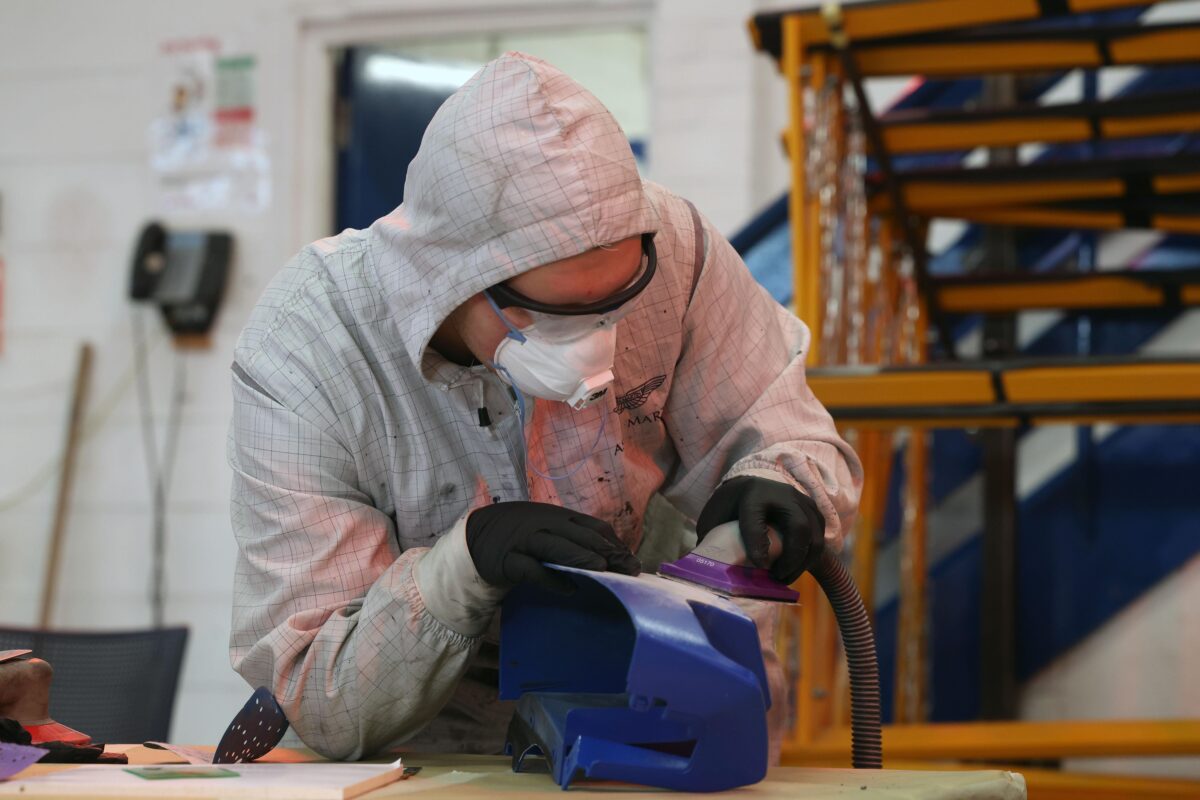

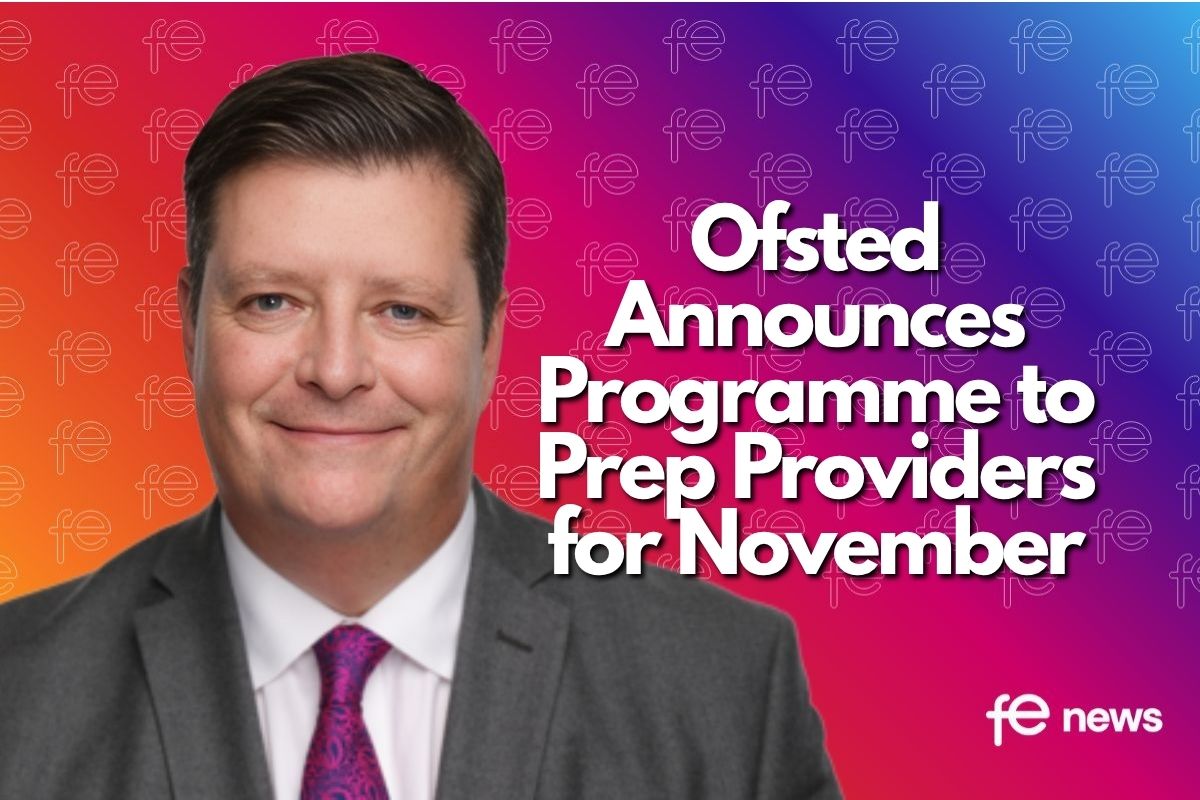
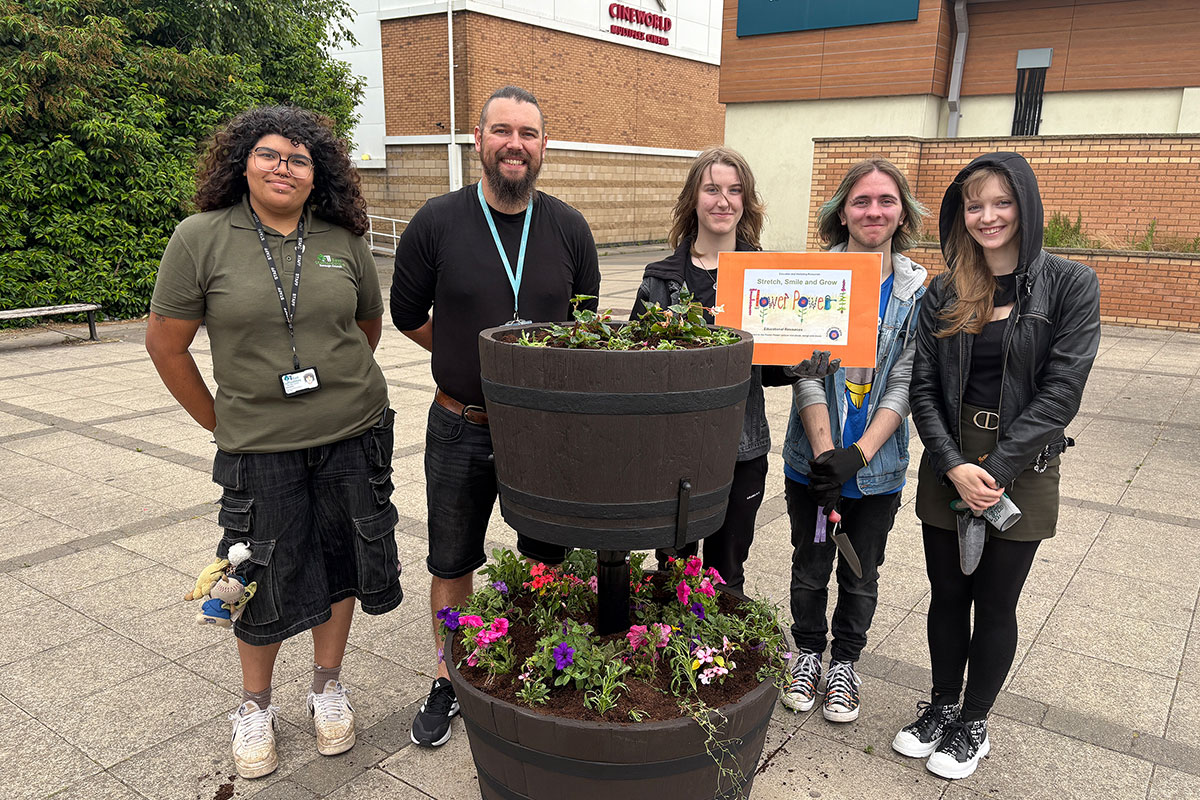
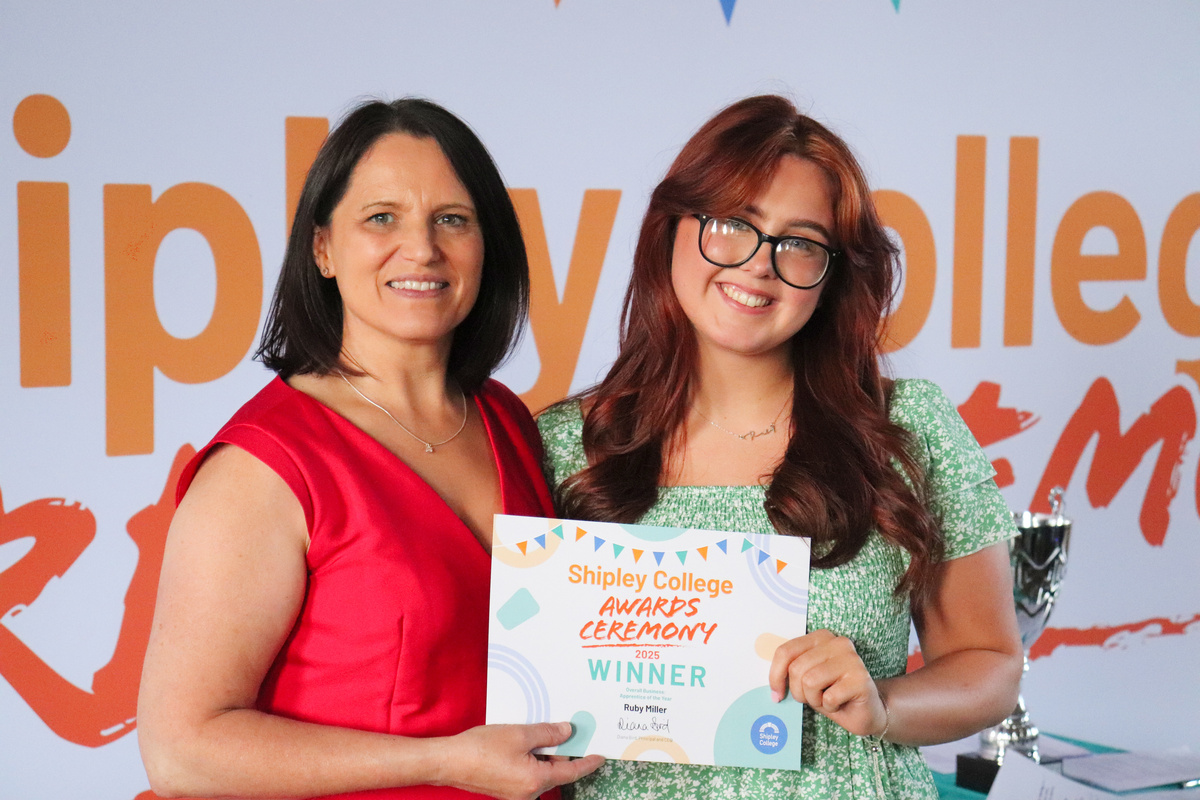

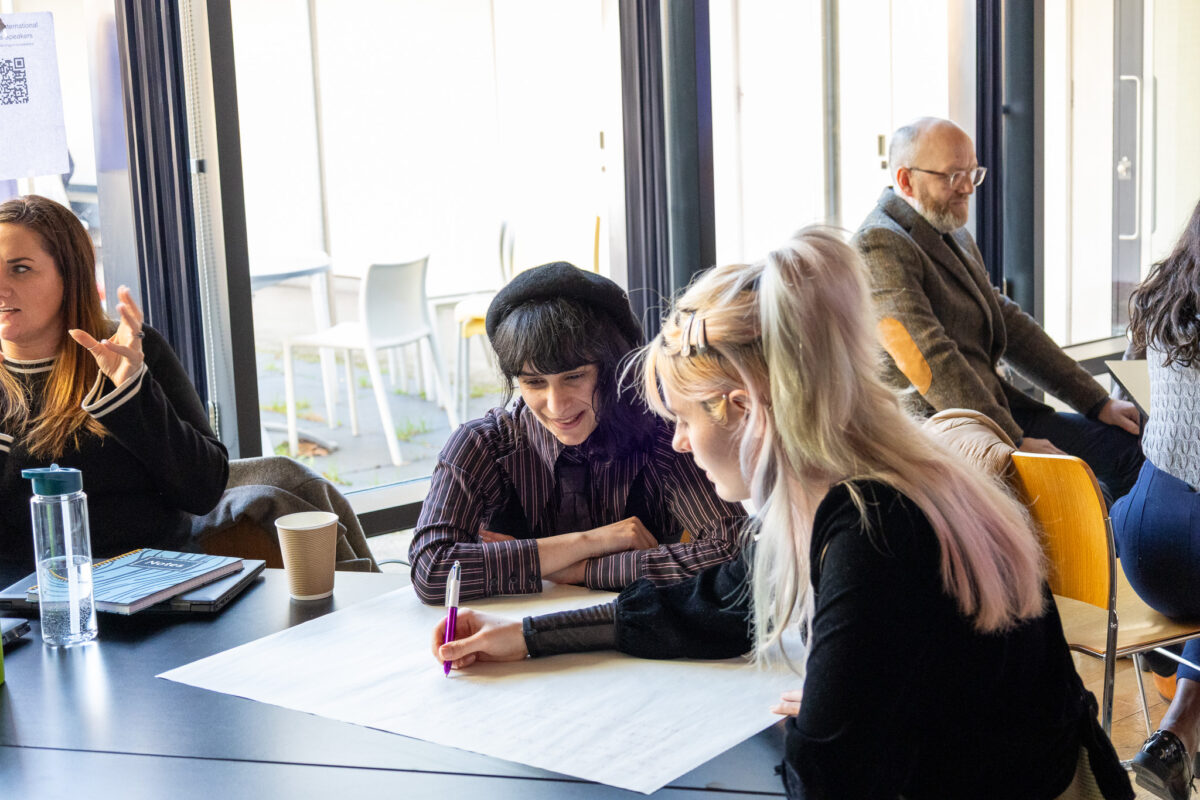

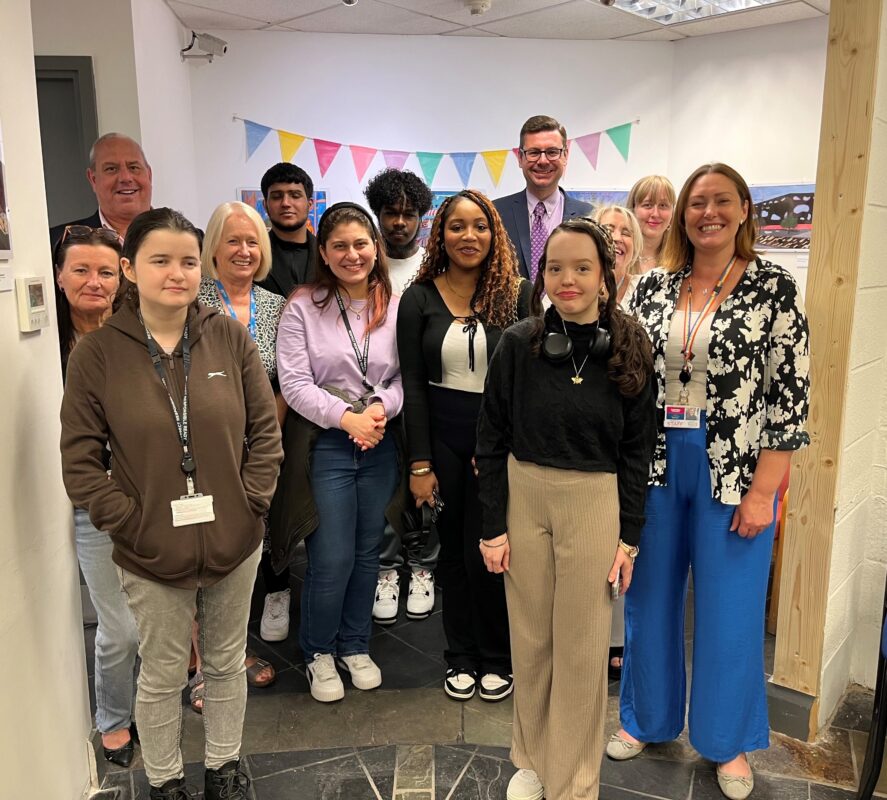
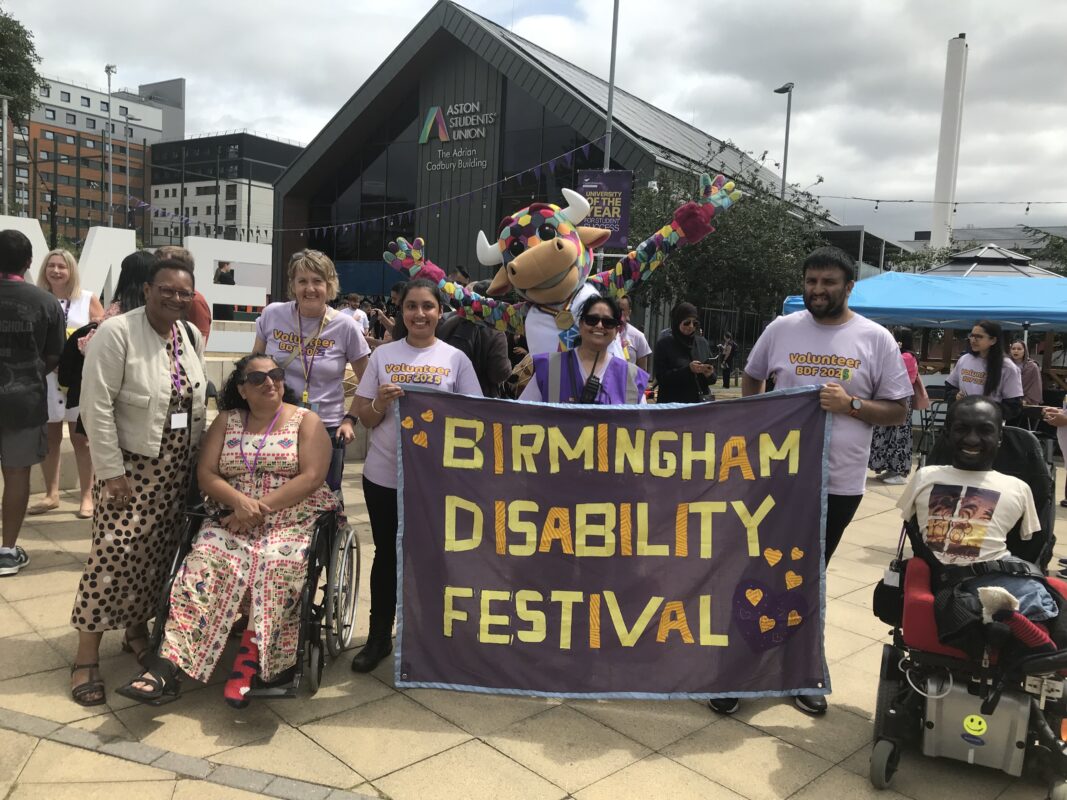
Responses